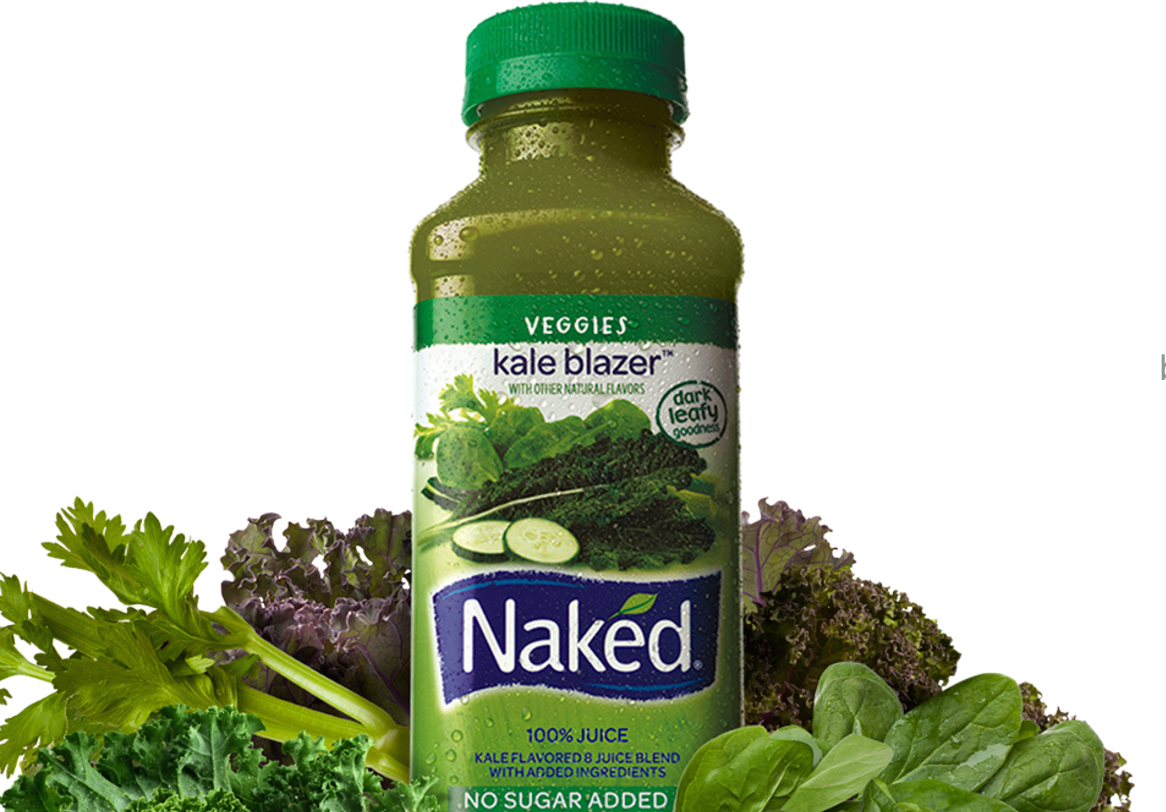Last year, people who purchased Naked Juice drinks like “Kale Blazer” thinking that the main ingredient would be kale, or who bought Naked products labeled “no sugar added” believing the drinks were low in sugar, sued Naked’s parent company PepsiCo, alleging they were misled. Now comes news that PepsiCo has agreed to close the books on this dispute by using labels that more accurately reflect Naked’s ingredients. [More]
food labeling

House ‘Freedom Caucus’ Asks Trump To Undo 232 Rules On Net Neutrality, Tobacco, Nursing Homes & Ceiling Fans
What’s on your wish list this holiday season? For the few dozen members of the House of Representatives Freedom Caucus, the hope to see President-elect Donald Trump undo or revise more than 200 federal rules involving everything from tobacco to food labels to ceiling fans to your constitutional right to bring a lawsuit against your credit card company. [More]
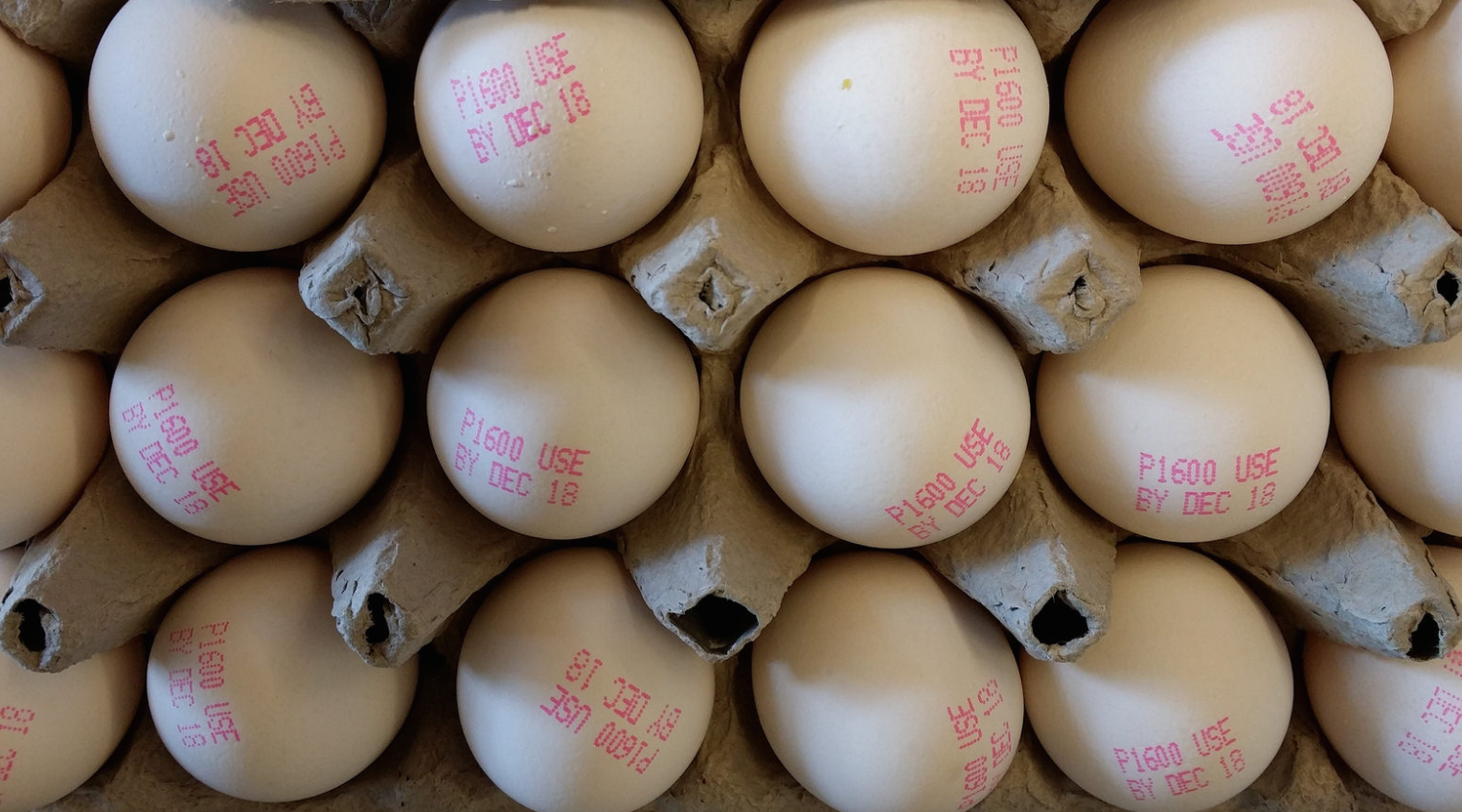
USDA Asks Meat, Dairy Companies To Replace Confusing Expiration & Sell-By Labels With “Best If Used By” Date
Though almost every food item you buy at the supermarket has some sort of expiration date — under the headers of “Sell By,” “Use By,” “Use Before,” “Best Before,” among others — printed on the packaging, the truth is date labels are largely voluntary and determined by the food producers. If handled properly, most foods are perfectly safe to eat after whatever date is on the label, but stores and consumers throw away an inordinate amount of food every year simply because that date has passed. In an effort to reduce food waste, the federal government is hoping to encourage meat and dairy producers to all use the same phrase: “Best If Used By.” [More]

Would You Scan A QR Code At The Supermarket To Read More About Food?
Last, the president signed into law a fast-tracked piece of legislation that both overturned existing state laws about labeling of food with genetically modified ingredients and established a vague timeline for eventually putting this information on barcodes that customers can scan with their phones. The question is: Will anyone actually do this? [More]
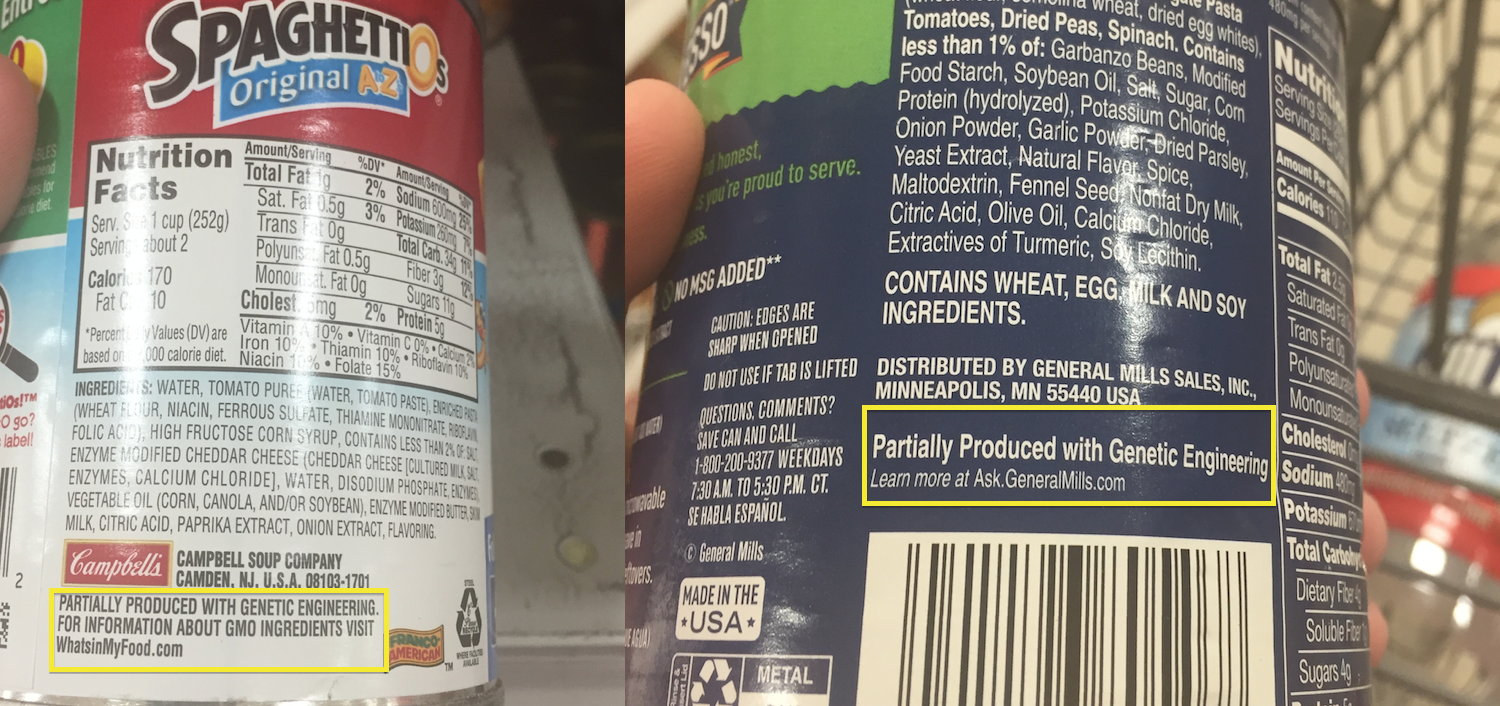
Congress Passes Bill Outlawing Vermont’s GMO Labels, Replacing Them With Barcodes
After skipping over the entire debate and amendment process the Senate, and then going virtually un-discussed in the House of Representatives, a last ditch effort to overturn Vermont’s new food labeling requirement is destined for the President’s desk. [More]

Senate Bill To Strike Down Vermont GMO Labels, Replace Them With Barcodes, Clears Hurdle
The Vermont law requiring labels on many foods with genetically modified (GMO) or genetically engineered (GE) ingredients went into effect last week, but the move by the federal government to overturn that law and eventually replace the tiny text labels with barcodes has cleared a significant hurdle in the U.S. Senate. [More]
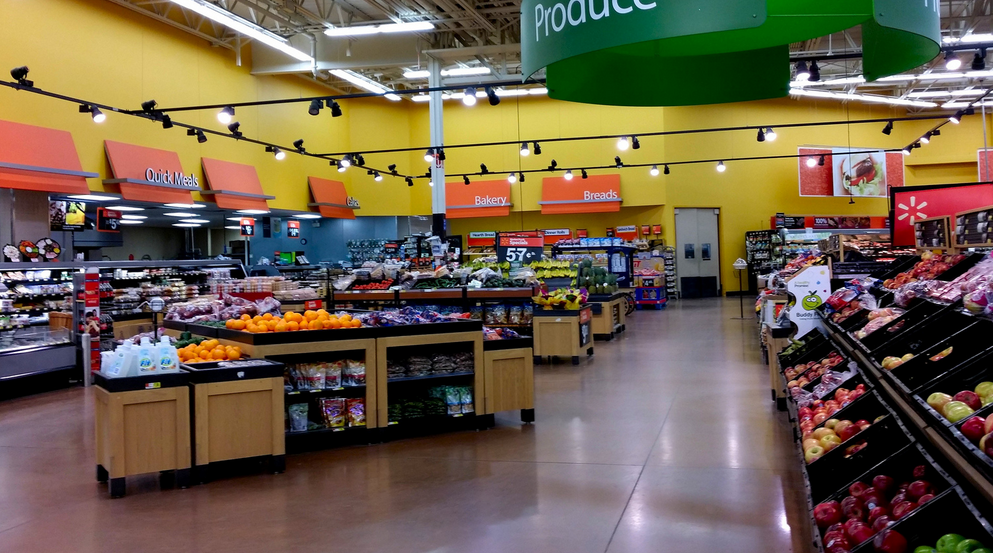
Senators Trying To Strike Down Vermont GMO Labeling Law At Last Minute
Two years ago, Vermont became the first state to pass a law requiring clear disclosures of foods containing genetically modified/engineered ingredients. A number of packaged food giants — including PepsiCo, Mars Inc., General Mills, and Campbell Soup Co. — have already made the decision to label their products on a nationwide basis in advance of the July 1 start of the new rules. With that deadline approaching, a pair of agribusiness-backed senators have introduced legislation that would kill the Vermont law, prevent other states from enacting similar regulations, and give companies two years to create a label with little to no information. [More]
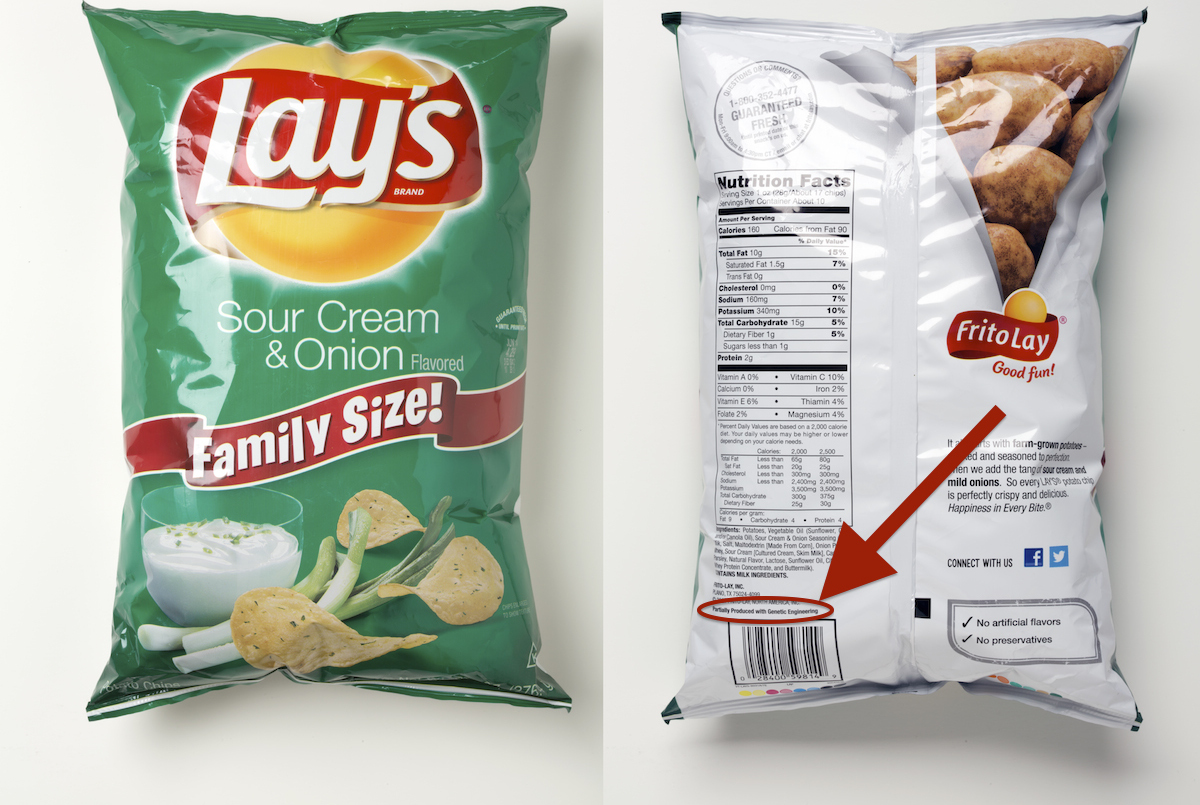
Pepsi, Frito-Lay Quietly Adding GMO Ingredient Labels To Some Foods
Whether or not you agree with mandatory labeling for foods containing genetically modified or genetically engineered ingredients, the Vermont law requiring this information on food sold in that state will go into effect on the first of July. Some companies — including Mars, Campbell Soup, and General Mills — have announced decisions to implement these labels nationwide, while PepsiCo appears to be quietly putting labels on its products. [More]
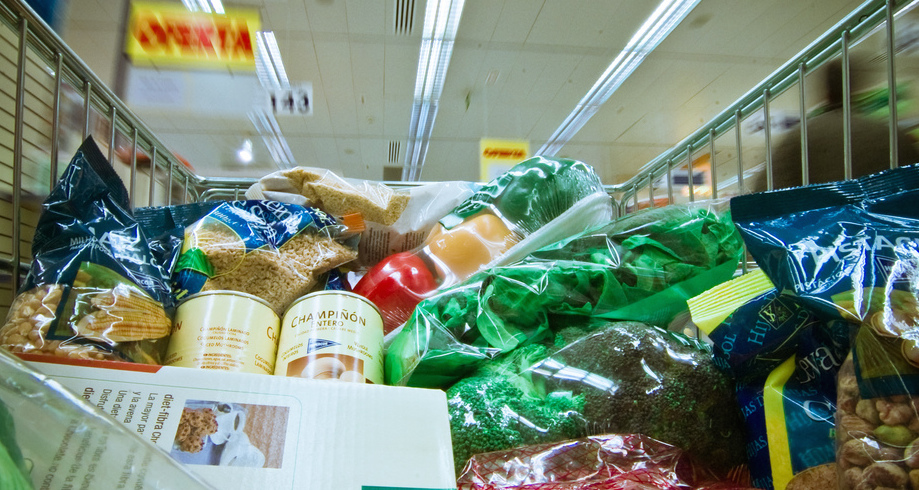
FDA To Reconsider Definition Of “Healthy” On Food Labels
When you see a some food marketed as “healthy” or “natural,” do you know exactly what, if anything, those terms mean? The Food and Drug Administration has decided to rethink its requirements for what it takes to market a product as “healthy,” while advocates and lawmakers are pushing the agency to define “natural” in a way that more people would understand. [More]

Court Agrees With Florida: Skim Milk Is “Imitation Milk Product” Unless You Add Vitamins
Last year, we told you of a long-running dispute over a Florida state law that says skim milk must be categorized as “imitation milk product” unless the dairy adds vitamins to the final product. This week, a federal court finally chimed in on the matter, upholding the state regulation. [More]

Senate Votes Down Bill That Would Have Overturned States’ GMO Labeling Laws
Regardless of whether you’re against, for, or ambivalent about genetically modified foods, surveys show that an overwhelming majority of Americans at least want to know whether the items they buy contain genetically engineered ingredients, and some states have enacted laws intended to require labeling of GMO and GE products. Today, the U.S. Senate voted to strike down a new piece of legislation that would have overturned these local laws in favor of a voluntary labeling program. [More]
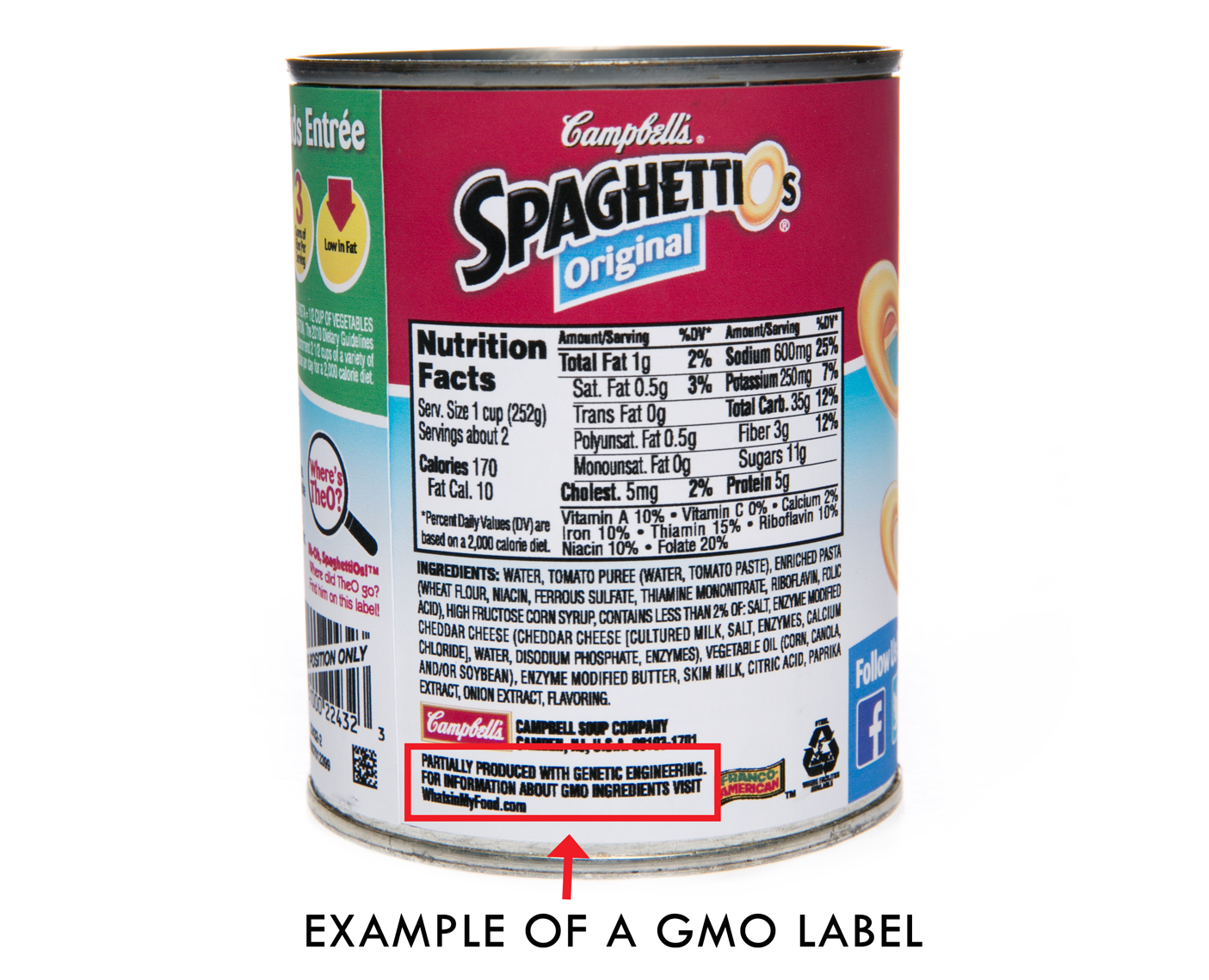
Campbell Soup To Label Products Containing GMOs, Supports Mandatory Labeling
While some large food producers contend that mandatory labeling of products containing genetically modified or genetically engineered ingredients would be a burdensome and unnecessary requirement, the folks at Campbell Soup Company have decided to not only voluntarily label their GMO-containing products but to publicly support mandatory GMO labeling. [More]
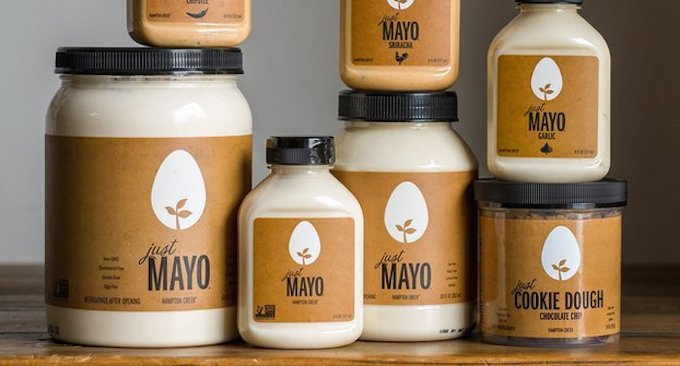
Hampton Creek: FDA Grants Condiment Dispensation, Eggless “Just Mayo” Can Keep Its Name
An ongoing battle about the nature of mayonnaise that began in November 2014 seems to have finally reached a peaceful resolution: the Food and Drug Administration has decided to allow Just Mayo, sold by Hampton Creek, call itself “mayo,” even though the vegan, eggless product technically isn’t mayonnaise, according to the government’s definition. [More]
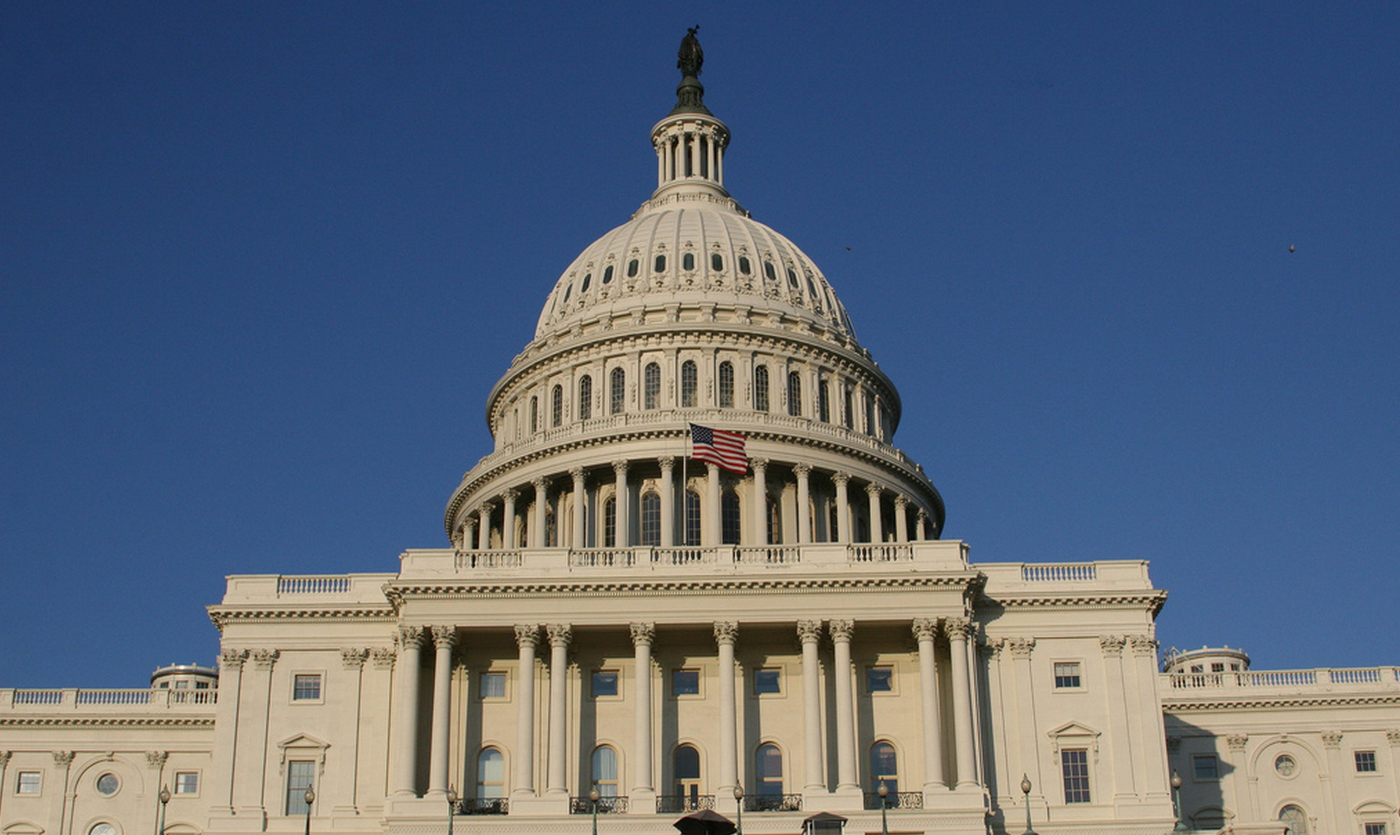
10+ Things Consumers Should Know About The New Federal Spending Bill
This morning, after months of slapping on, then removing, then replacing pork barrel riders on the federal Consolidated Appropriations Act of 2016, we finally know exactly which add-ons made it into the omnibus spending bill and which ones didn’t. [More]

Poll: 9-In-10 Americans Support GMO Labeling
Last month, the Food and Drug Administration approved the first-ever genetically engineered animal for sale as food in the U.S., but declared that this salmon would not need to carry any label identifying it as a genetically modified food product, much like the many items currently on grocery store shelves made with GMO grains and other ingredients. But the results of a new national poll seem to indicate that most consumers would appreciate having a heads-up about the GMO content of the food they buy. [More]
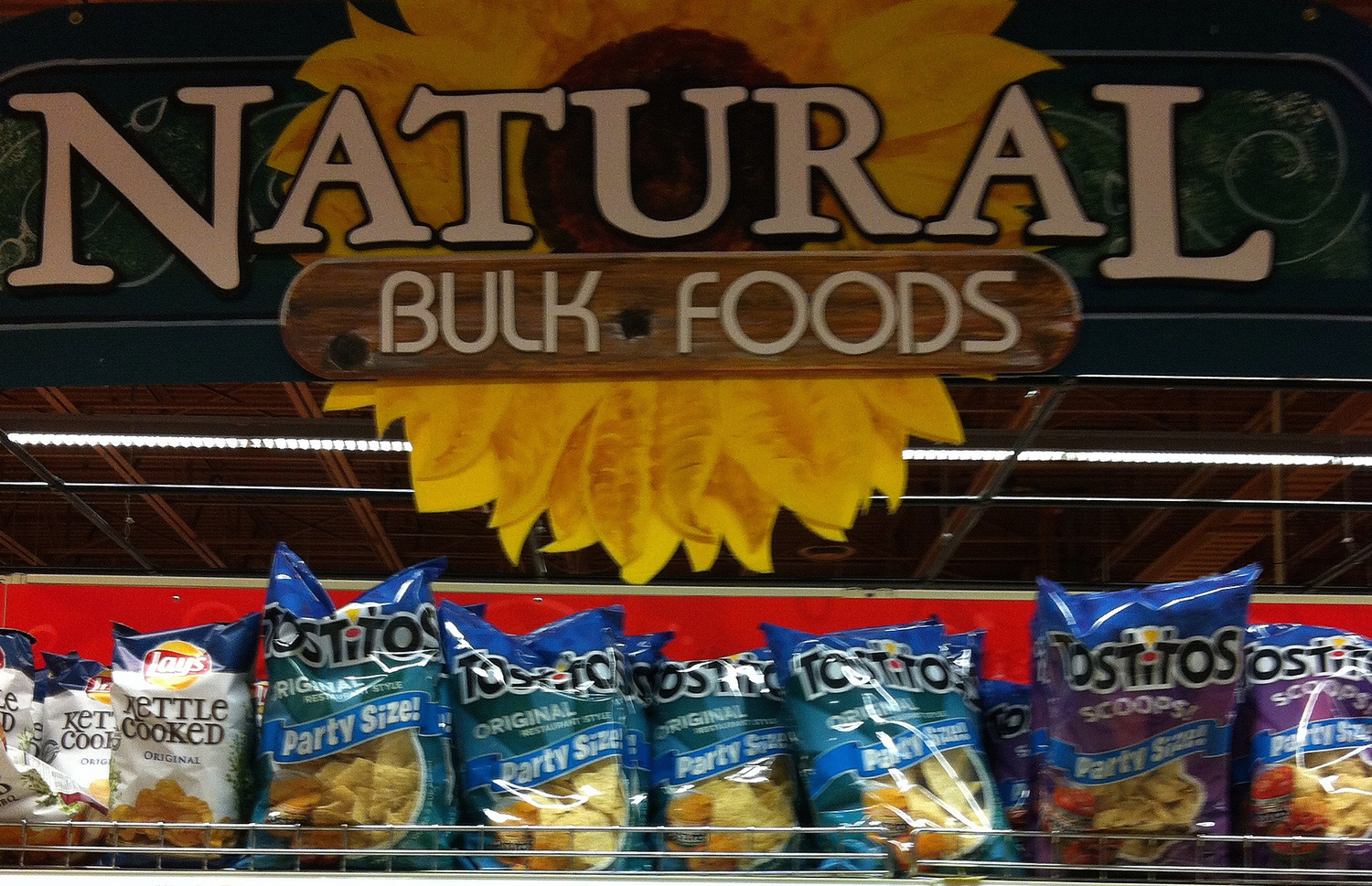
Proposed Food Labeling Law Would Clarify Use Of “Natural” And “Healthy”
Lawmakers in D.C. have introduced legislation intended to overhaul the marketing and labeling of processed foods — revising everything from the nutrition panel to the ingredients list to the use of terms like “natural” and “healthy.” [More]
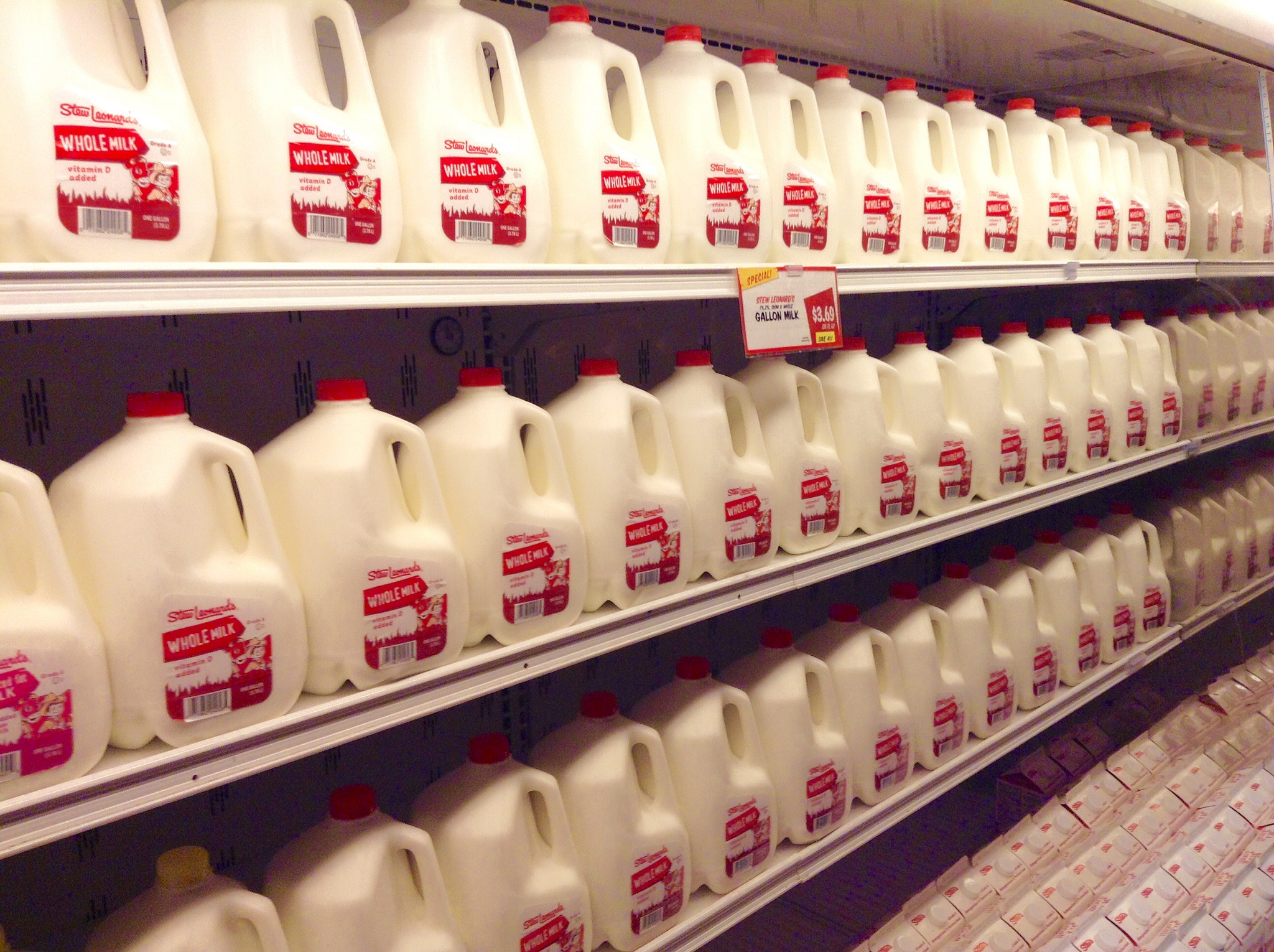
Florida Says Skim Milk Is “Imitation Milk Product” Unless You Add Vitamins
Is “skim milk” just the same as “whole milk” with the cream skimmed off? Not according to the state of Florida, where producers of skim milk must either add vitamins to their product or be forced to carry the stigma of it being categorized as an “imitation milk product.” [More]
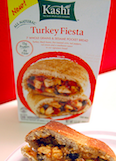
Kashi’s “All-Natural” Labeling To End After Kellogg’s Agrees To $5M Settlement
It’s always nice to know what you’re putting in your body comes from all-natural ingredients, not, say something called pyridoxine hydrochloride found in Kashi products. That doesn’t sound very natural, does it? That’s because it probably isn’t. [More]


